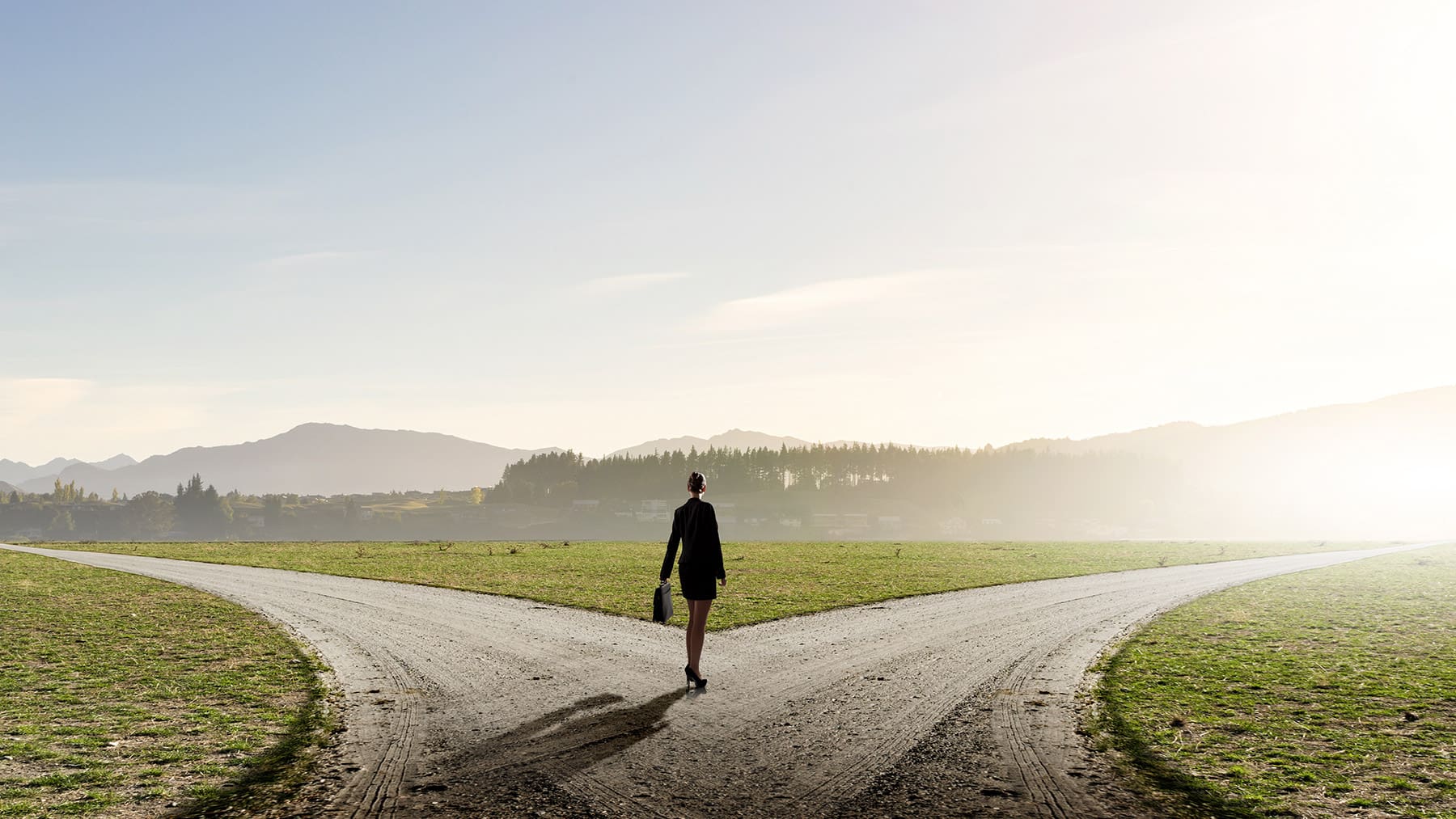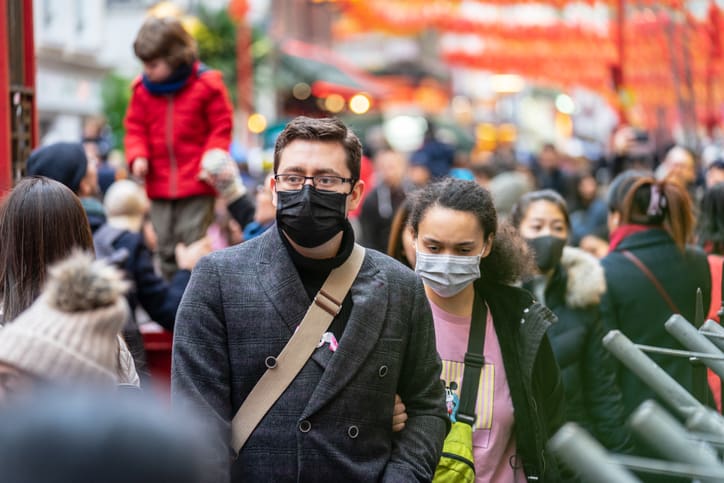At Simon Associates Management Consultants (SAMC), we help organizations innovate and change. And as Blue Ocean Strategists®, it is critical that we understand where the world is today and where it is trending for tomorrow. We know that the rate of change is accelerating year after year. Coupled with this is the wrinkle of COVID-19 and how we deal with this pandemic.
But for me, personally, I don’t want to talk about the big mega trends. I want to talk about my world. How I am affected by this crisis. What I see as trends from my corner. Perhaps you have adapted or adopted some of these new trends for yourself. Take a look and perhaps comment or give me something from your perspective.
Here are my five trends resulting from the coronavirus pandemic:
1. Eating at home is not so bad. Once restaurants open again, I am going to reconsider how much I go out to eat. And it is not because of the money. It’s because cooking can be fun, the experience is not too bad, it is quiet so I can have a conversation, and I do not feel hassled. Of course I am sure I will share some good food and wine with friends in a social setting again. Good food can lead to a great experience but going out just to be at the feed trough will be something I can do without!
My takeaway. This is going to be an awfully slow restart for the restaurant business, not only because of capacity issues due to social distancing but because, like me, a number of people have discovered alternatives they might never have considered even six months ago.
2. Trying to stay fit has added a new dimension. I used to get up at 5am, go down to my health club to work out and see all my “friends.” Well, I do not necessarily miss all my “friends,” I got up way too early and I can do most of what I used to do at home now. I have all the things I need: weights, a bike and an exercise mat. And my wife is smarter than me. Because she travels so much, she has a virtual trainer whom she has been working with for several years so it’s no different for her. Virtual trainers were unique when she started but with the closing of health clubs, they have now been discovered.
My takeaway. Restarting and rebuilding is not going to be easy. People’s habits for staying fit have changed. Economically, not everyone who could afford a health club in the past will be able to do so in the future.
3. Air travel for business will take a long time to come back. My wife used to be on a plane three out of four weeks a month. Will this change? You bet! More clients and organizations are getting comfortable with meeting virtually. And they are realizing that the cost of travel perhaps justifies virtual delivery rather than in-person. The real key for businesspeople in the future, particularly those presenting to audiences, is how to engage people and get the same dynamics from being there live.
My takeaway. Business travel is going to have a much slower recovery than after 9/11 and consumer travel is going to follow business travel.
4. Socializing becomes a big issue. Maybe not if you are GenZ and are used to communicating by chat or texting. But for those a little older (like me), I find it difficult to socialize all the time via a virtual link. So when will it be totally safe to get together with people, or will we be using hand wipes and masks forever? Taking it a little further, does this mean I can never go to the movies or out to dinner without my mask on? Will this change the way I need to communicate in the future?
My takeaway. We no longer stare at people who wear face masks. And we wash our hands more than ever. Both will become much more of a norm. This will reduce the issues associated with social distancing, and once scientists create a vaccine and can test it, we should go back to some version of normal. However, I for one am going to keep my mask on when visiting unfamiliar places.
5. If you have a portfolio, what will this mean for investing? Do you want healthcare stocks, and if so, what type? I suspect we will now look at subcategories such as hospitals and drug companies. Are elective surgery centers a better investment than urgent care centers? I don’t know but I do know that understanding subcategories is going to be critical. We used to look at recession-proof industries. Now we need to look at pandemic-proof ones. And because the federal government has pumped so much money into the economy to prop it up, inflation will bear its ugly head at some point. How do we choose safe investments that will carry us through inflation?
My takeaway. If you think I have an investment strategy, you are crazy. I know as much (or as little) as anyone else. But I do know that cash is king and I hope I have enough cash to last through these turbulent times.
We really don’t know what is coming next, but we all want to.
I would love to hear from you. What are you thinking?
For more on successfully adapting to change, we recommend these blogs and podcasts:
- Blog: How To Stay Moving Forward As The World Moves At Warp Speed
- Blog: Now That You Have Your Crisis, What Do You Change?
- Podcast: Andy and Andi Simon—Innovation Games® Are What You Need To Imagine Your Future
- Podcast: David Avrin—It’s Going to Get Worse, So You Better Get Better
Want help tackling what lies ahead? Let’s talk
At Simon Associates Management Associates, we are certified Blue Ocean Strategists and culture change experts who specialize in helping companies of all sizes and across industries rethink their business strategy so they can adapt to the crisis happening today and also those future disruptions that are on the horizon. Contact us to discuss how our team of corporate anthropologists can work with you to help your business overcome the challenges of these fast-changing times. We look forward to hearing from you.
From Observation to Innovation,

Andy Simon
Partner, Simon Associates Management Consultants
Info@simonassociates.net
Don’t miss a single episode of our On The Brink podcast!
Subscribe now



